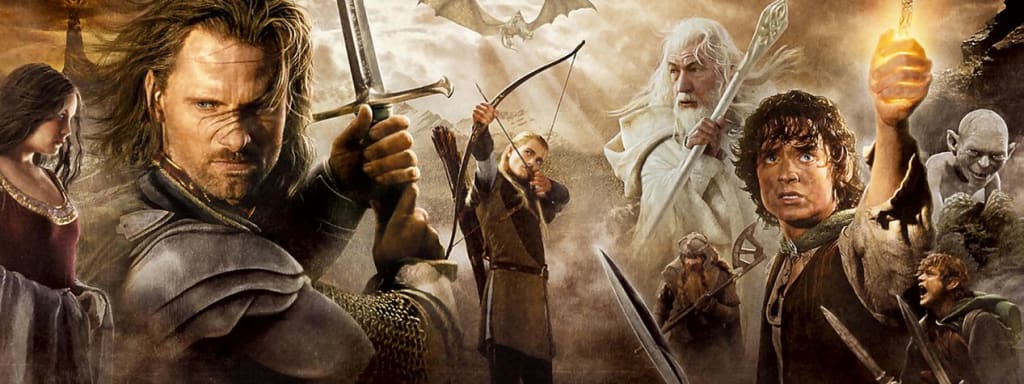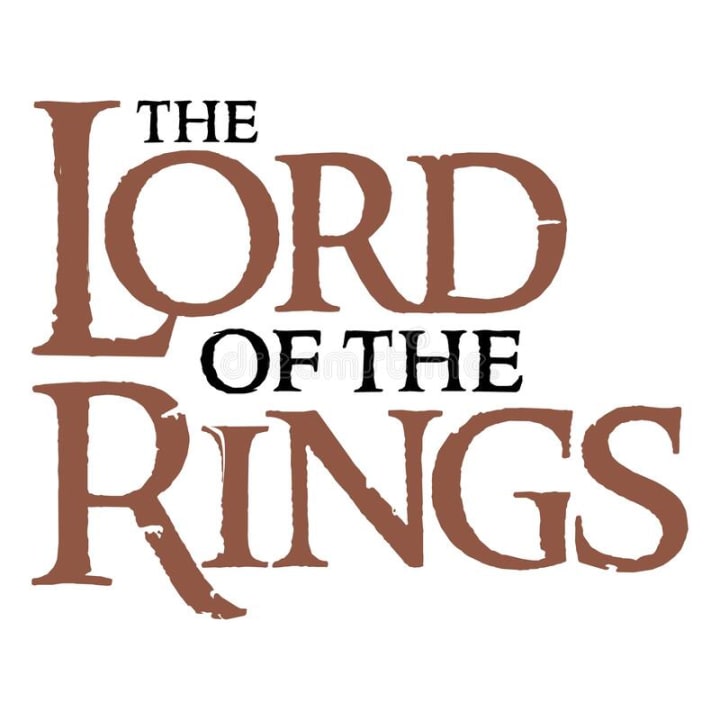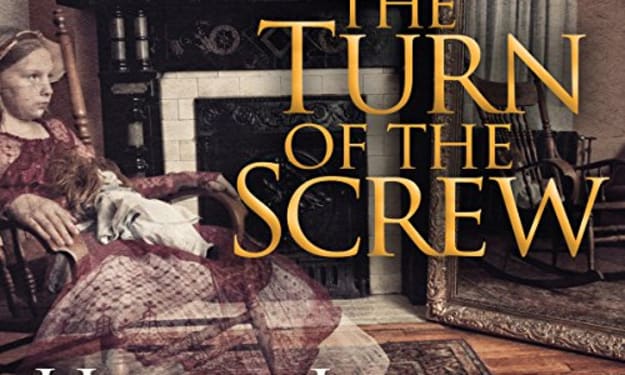The Lord of the Rings: A High Fantasy Epic
Exploring Middle-earth and the Quest to Destroy the One Ring

The Lord of the Rings by J.R.R. Tolkien is a masterpiece of high fantasy literature that has captivated readers for over half a century. The novel was first published in 1954 and quickly became a cultural phenomenon, beloved by readers of all ages and backgrounds. The story takes place in the fictional world of Middle-earth, a vast and complex realm populated by a wide array of fantastical creatures, including hobbits, wizards, elves, dwarves, orcs, and dragons.
At the heart of the story is a quest to destroy the One Ring, a powerful artifact created by the dark lord Sauron. The Ring has the power to control the minds of those who possess it and can be used to dominate and enslave the peoples of Middle-earth. The novel's protagonist is Frodo Baggins, a hobbit from the idyllic Shire who inherits the Ring from his uncle, Bilbo Baggins.
Frodo's journey to destroy the Ring takes him across Middle-earth, accompanied by a diverse group of companions. These include the wise wizard Gandalf, the elf Legolas, the dwarf Gimli, and the men Aragorn, Boromir, and Faramir. Together, they must overcome countless obstacles, including treacherous mountains, dark forests, and fierce battles with Sauron's minions.
One of the most impressive aspects of The Lord of the Rings is Tolkien's world-building. The author created a richly imagined world filled with intricate histories, cultures, and mythologies. The novel is set in a time of great turmoil in Middle-earth, with dark forces threatening to overwhelm the land. The characters' journeys take them through a diverse range of landscapes, from the lush forests of Lothlórien to the blasted wasteland of Mordor.
Tolkien's attention to detail is remarkable, and the novel is filled with little touches that bring the world of Middle-earth to life. For example, the author includes a variety of languages spoken by the different peoples of Middle-earth, each with its own grammar and vocabulary. This attention to detail gives the novel a sense of depth and richness that few other works of fantasy can match.

Another strength of The Lord of the Rings is its characters. Tolkien created a diverse cast of heroes and villains, each with their own unique motivations and backstories. Frodo, for example, is a reluctant hero who must overcome his own fears and doubts to complete his quest. Gandalf is a wise and powerful wizard who serves as a mentor to the other characters. And Gollum, a twisted and tragic creature, is one of the most memorable villains in all of literature.
The novel also explores a range of themes that are still relevant today. At its core, The Lord of the Rings is a meditation on power, corruption, and the struggle between good and evil. The Ring represents the corrupting influence of power, and its destruction is a metaphor for the triumph of good over evil. The novel also explores themes of friendship, loyalty, sacrifice, and the importance of hope in the face of despair.
Despite its length and complexity, The Lord of the Rings is a remarkably accessible novel. The prose is clear and engaging, and the story is filled with action, suspense, and humor. The novel is also notable for its use of poetry and song, which add to the sense of immersion in Middle-earth.
The Lord of the Rings has had a profound impact on popular culture since its publication. It has inspired countless imitators in the fantasy genre, from George R.R. Martin's A Song of Ice and Fire series to J.K. Rowling's Harry Potter books. The novel has also been adapted into multiple films, video games, and other media, further cementing its place in the cultural zeitgeist.
In addition to its impact on popular culture, The Lord of the Rings has also had a significant influence on the development of fantasy literature as a genre. Prior to the publication of Tolkien's novel, fantasy literature was a relatively niche genre, with few mainstream successes. However, The Lord of the Rings helped to popularize the genre and paved the way for a wave of new fantasy authors in the decades that followed.
One of the reasons for the novel's enduring popularity is its universal appeal. The Lord of the Rings is a story that can be enjoyed by readers of all ages and backgrounds. Its themes of friendship, loyalty, and sacrifice resonate with readers of all cultures, and its world-building and characterization are unparalleled in the fantasy genre.
The novel is also notable for its inclusivity. Tolkien's world of Middle-earth is a diverse and multi-cultural place, with a wide array of different peoples and cultures. While the novel has been criticized for its lack of female characters, it remains a remarkably inclusive work for its time.
Overall, The Lord of the Rings is a true masterpiece of high fantasy literature. Its epic scope, richly imagined world, memorable characters, and powerful themes have earned it a place in the literary canon. Whether you're a lifelong fan or a first-time reader, the novel is sure to capture your imagination and transport you to a world of wonder and adventure.
About the Creator
Mahammad Azmal
Explore the lives of history's most influential figures on my channel! From scientists to leaders, discover the stories of famous individuals who shaped our world. Subscribe now!






Comments
There are no comments for this story
Be the first to respond and start the conversation.